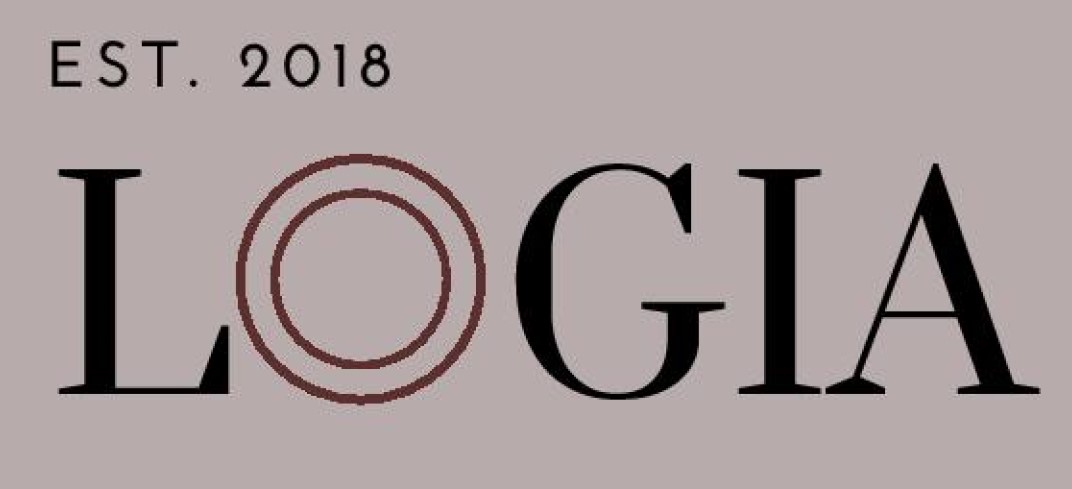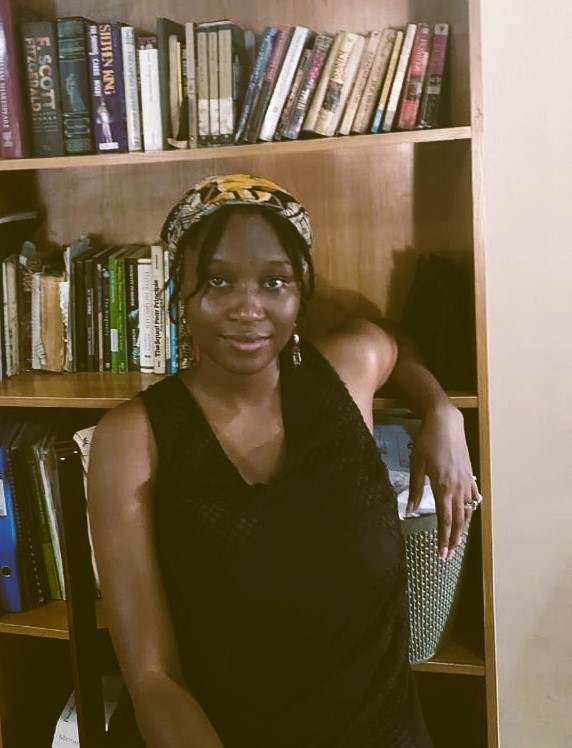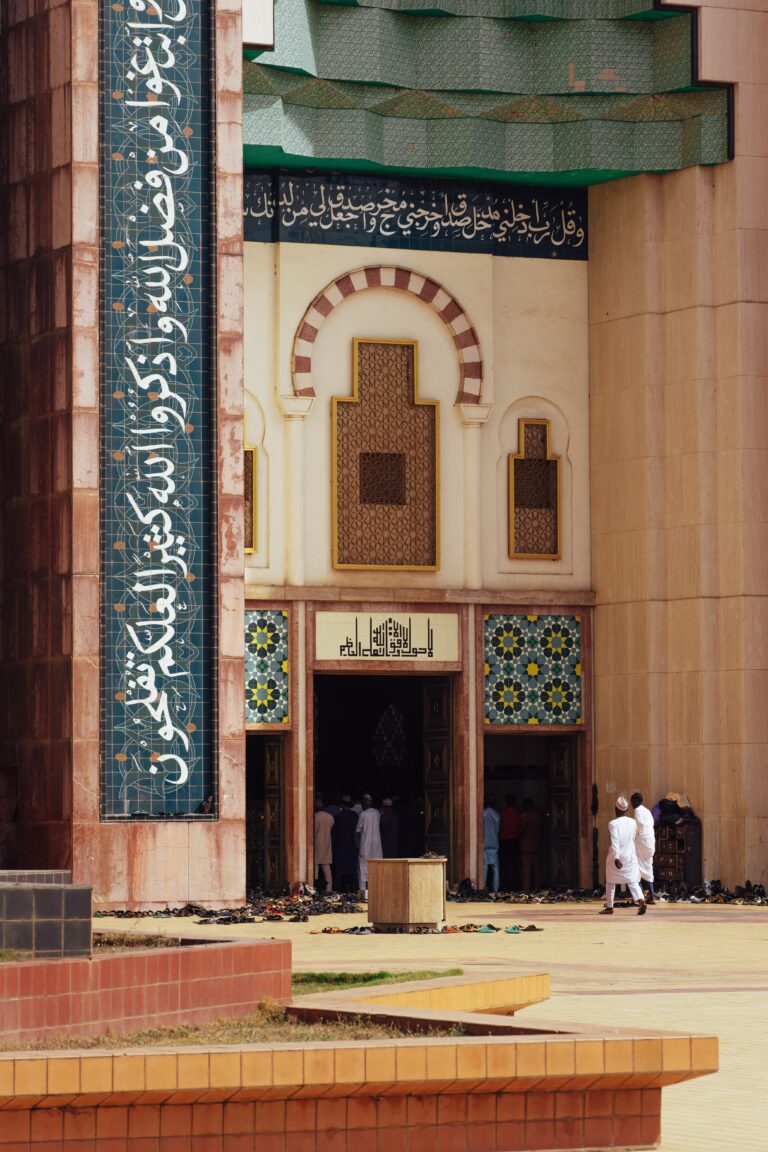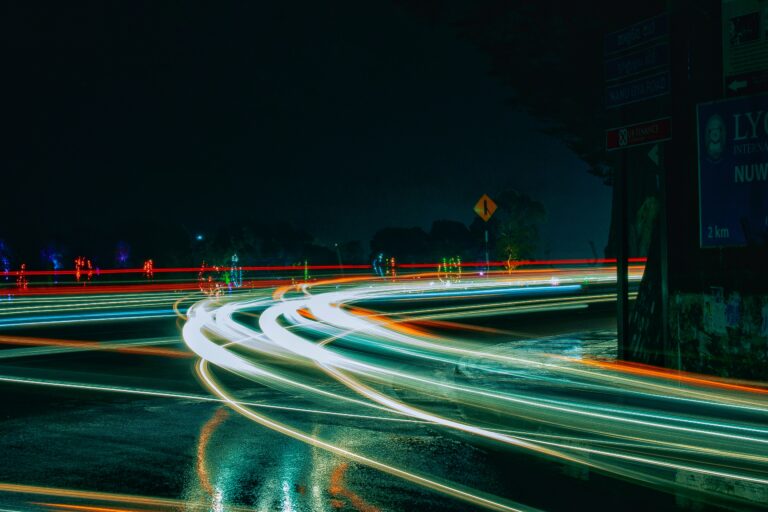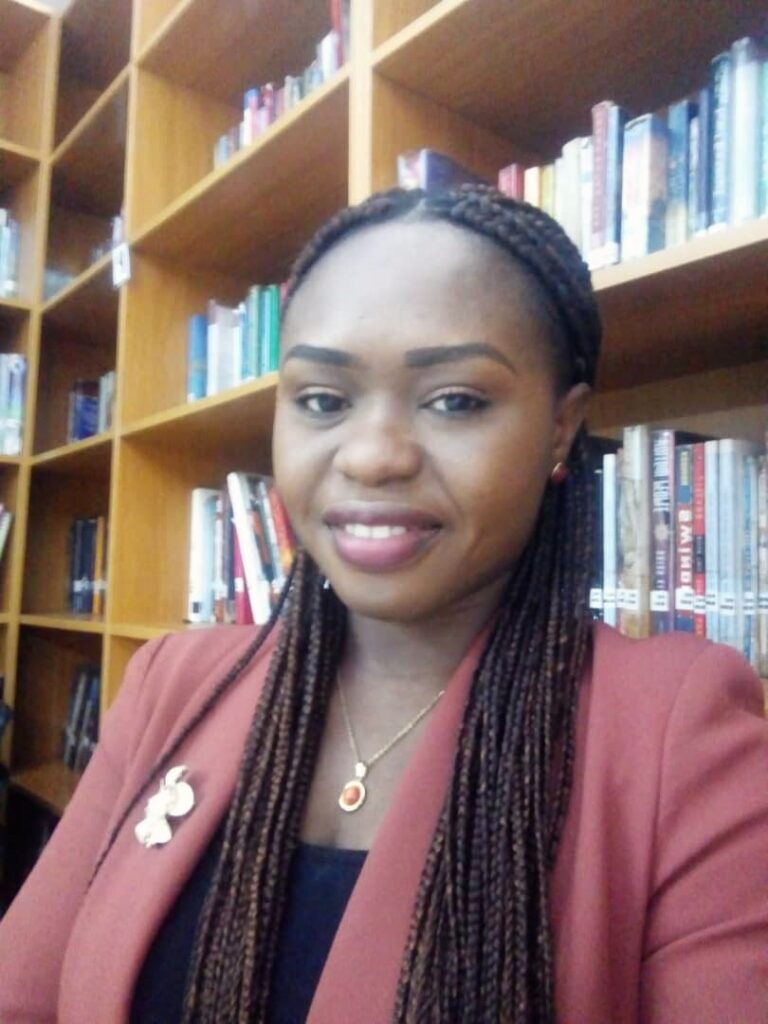1. Is Fractures a novel or a novella?
I don’t know that I am the definitive authority on this, but I have always called it a novella. It is shorter than I expect a novel to be. It always felt like a glimpse of something, like a small window into a much larger world.
2. Was that distinction a factor in your writing?
Not necessarily. When I started writing it, it felt like there was no end in sight. Such distinctions were not a priority in my head. I was just writing to write really. Once it started to grow, I realised it could be so much more than I envisioned. The idea of what it would be (novel or novella) only came up at the end of the first draft.
3. From your short stories to this book, how does violence speak to you as an artist, and would you call it prevalent in your work?
Violence is a useful language to me in many ways. I know the modern take is often to shy away from it, and I understand that that view has its place. In my work however, I explore an understanding of the difference between violence for violence’s sake and violence as a tool. It can be emotive, speaking where words and other actions may seem insufficient. It can be a final necessity. It can be an exploration or examination of a character’s persona. So, I do enjoy using it and it has served me well thus far.
Prevalent? I hope not. It is very dramatic and may take centre stage for that reason alone. But I do hope there is more to my work.
4. In terms of having a sense of time and space, where would you locate this story?
That has never been a major concern to me in writing. I locate stories where the narrative necessitates. If a character is a farmer, then the story will take place on a farm. If a character is an alien, I might find that situating the story in the distant future makes sense to that reality. That’s usually how it works for me.
That being said, I enjoy utilising the key elements of a particular time or space in a way that best serves the characters in my narrative. In this case, I chose a fictional seaside town in the south of England. I briefly spent some time in one and there was something familiar and comforting about it. The variation I used in the book is smaller and closer knit than my experience. But the essence remains.
5. Following from that, do you believe that stories, at their best, are so universal, that a specific sense of time and space is not strictly necessary? How has that informed your work?
Yes! I have always held this belief. I agree that a space or a time can take on a life of its own or become a character in a story if the writer so chooses, like Charles Dickens and Victorian London. That’s just never appealed to me as a reader or a writer. Most of my most memorable experiences with books or movies are about characters and story not about the time or location they are in. That is often what is most memorable to me.
I remember a literature teacher talking about the ‘Everyman’ archetype, characters that could be anyone in any place at any time, characters that we as readers could inhabit, almost wearing them like a perfectly fitting costume. It stuck with me, and I think that is evident in my work. If I could write without ever naming a character, I would! I’m writing mirrors so people can see their reflections.
6. In terms of themes in this book, we know the clear-cut run at domestic violence but is there is something deeper to your ideas and those “Fractures” referred to?
When I chose the title, I was thinking not just about those obvious physical wounds that Alexandra would bear in the story, but of the fractures to her life, to her psyche, to her ideas of the world around her, to her hopes and dreams for the future, and so much more. I was also thinking about the fragmented nature of Seff’s character and the things that must break in a person for them to choose violence in an intimate relationship.
At the time I was writing this, the internet wasn’t such a hellscape. There were safe havens where you wouldn’t be accosted by images of violence and people being brutalised. Now it seems even perpetrators are happy to share their violent history online. But the topic of domestic violence continues to feel like an important one to talk about across as many media and platforms as possible. That remains true.
7. Is it important to make your vulnerable characters heroic or is it unnecessary once your story is what it is?
I think everyone has a different definition of heroism. What might seem heroic to me, may come across as absolute surrender to someone else. I try not to focus on that broad a stroke. It is however important to me that my characters ring true. It is necessary that they feel like real ‘nurtured’ individuals. They might be familiar or similar to or representative of an archetype, but they should be vivid. If that also means they are heroic, then so bit. It isn’t necessary though.
8. Your stories tend to be dark, is there a sense of nihilism in them and do you think when we hold up a light to human nature this is the most prevalent thought we should have?
No. I am a gloomy bitch, but I don’t think the world is irredeemably dark. It is getting harder and harder to see the light in the world as a whole. But in people, there is light.
I think of my stories less as an ode to darkness and more as an ode to light extinguished. I think of them as a journey through the life of a light dimmed by the world. I don’t ever think that the characters I write or worlds I create remain in the dark. They live on and find the light again, in my mind and hopefully in the mind of my readers.
Maybe one day I will finally write one of my happy thoughts…
9. Do you find hope in art is necessary?
I find hope is necessary in everything and, in fact, pivotal to it.
A lack of hope is surrender. If you had no hope, you would have no art. So, even the gloomiest and darkest of art starts in hope. It may simply be the hope that you can convey what you feel or that you can reach someone with it when you do. But it is not without hope.
10. What kind of stories do you like to tell?
Any that my mind and my time will allow me. There is no bind and no hard and fast rule to the thing for me.
